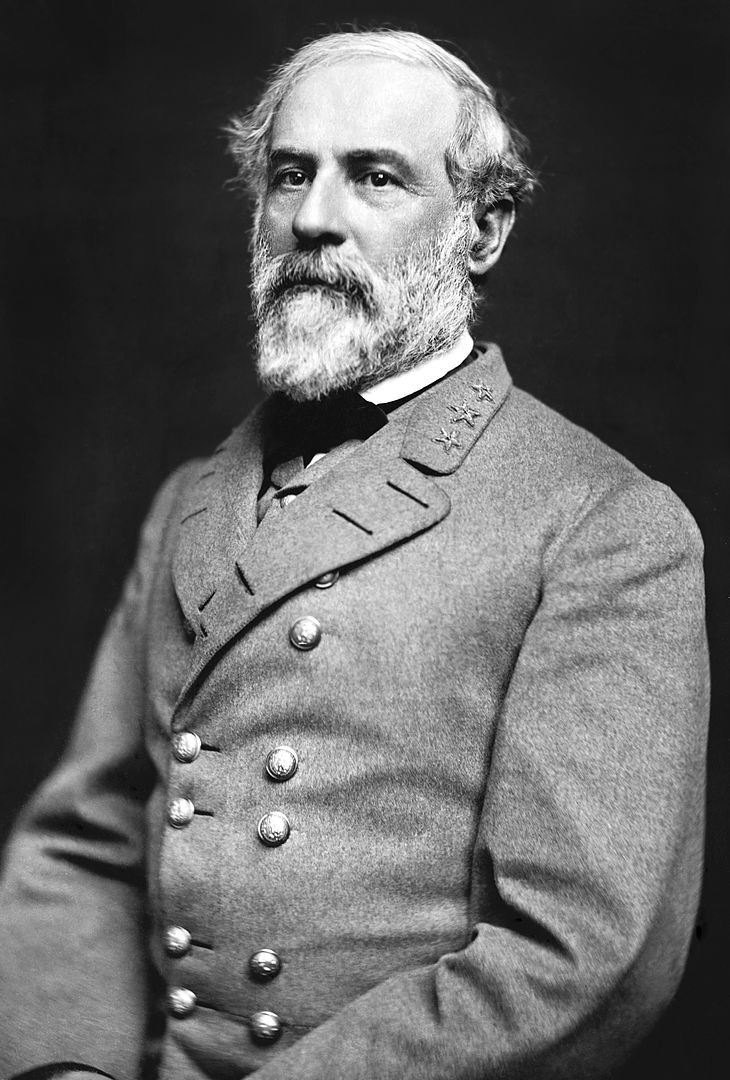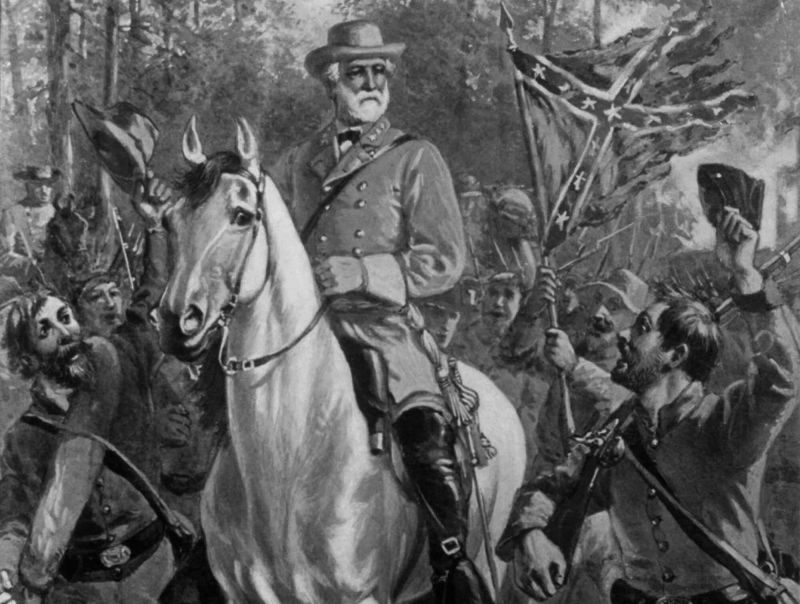Due to Lee's greatest victory, the battle of Chancellorsville was sometimes described as his perfect battle
One more interesting fact is that due to Lee's greatest victory, the battle of Chancellorsville was sometimes described as his perfect battle. Chancellorsville is usually regarded as Lee's greatest and most unlikely victory. General Robert E. Lee led the Army of Northern Virginia (Confederate) in the Battle of Chancellorsville, while Major General Joseph Hooker led the Army of the Potomac (Union). Prior to the Battle of Chancellorsville, the Potomac army was led by General Ambrose Burnside, who only commanded in the battle of Fredericksburg, which prompted Lincoln to appoint Major General Hooker as his replacement. With Hooker in command, the Potomac army was in top condition, and stronger than ever before.
Hooker made the opening move, despite the Potomac being twice the size and far stronger than Lee's force. Despite being outnumbered roughly 2-to-1, Lee chose a hazardous and unorthodox strategy. He chose to divide his weaker forces to take on Hooker's army, including a daring raid on the Union general's right flank by Thomas "Stonewall" Jackson.
The daring but successful division of Gen. Robert E. Lee's army in the face of a far larger enemy force earned it the name "perfect combat." Lee's audacity, combined with Hooker's weak conduct in battle, resulted in a significant Union defeat. The enormous Confederate victory was tempered by the death of Lt. Gen. Thomas J. "Stonewall" Jackson as a result of friendly fire, a loss Lee compared to "losing my right arm." More important for Gettysburg was an incredible conviction that Lee earned from his huge victory at Chancellorsville, that his army was practically invincible and could accomplish everything he asked of it.












